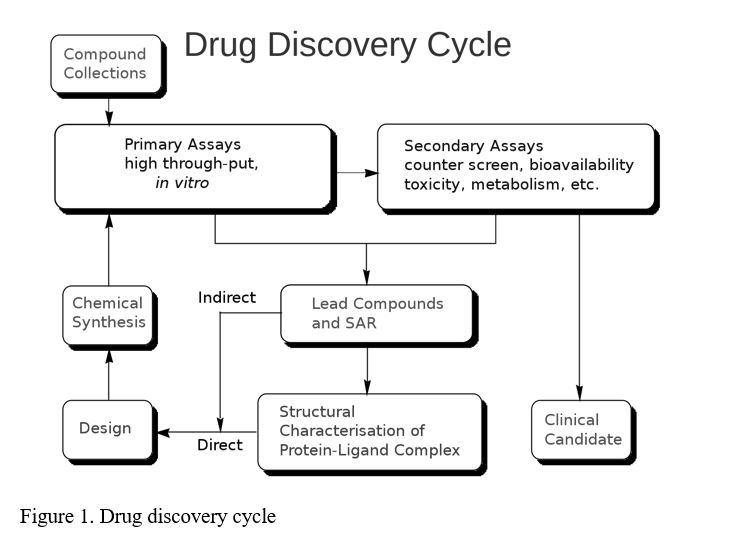Quantum Computing in Drug Design: Enhancing Precision and Efficiency in Pharmaceutical Development
Abstract
The integration of quantum computing into drug formulation and design represents a significant paradigm shift, augmenting computational capabilities in processing complex datasets far beyond the scope of classical computing systems. This evolution is particularly consequential in the realm of drug design, where the intrinsic nature of molecular interactions and reactions is fundamentally quantum mechanical. Central to this development is the role of quantum computing in enhancing molecular simulation processes. Traditional drug design methodologies frequently employ molecular dynamics simulations to predict the behavior of molecules. However, the accuracy of these simulations is often hampered when conducted on classical computers, especially when dealing with large and complex molecular systems. Quantum computers, by leveraging the principles of quantum mechanics, are capable of simulating molecular interactions with a higher degree of precision. This enhanced accuracy is vital for comprehensively understanding drug interactions at the molecular level, a critical factor in ensuring both the efficacy and safety of pharmaceuticals. Furthermore, quantum computing facilitates a more efficient approach to computational drug discovery. The process of identifying new drug candidates involves navigating a vast chemical space to discover compounds that bind effectively to specific biological targets. Quantum algorithms have the potential to expedite this process by rapidly evaluating the potential effectiveness of a multitude of compounds. This capability not only reduces the time associated with drug discovery but also diminishes the overall cost. Another significant application of quantum computing is in the optimization of drug formulations. By calculating the most effective molecular structures and combinations, quantum computing aids in optimizing both pharmacokinetics and pharmacodynamics. This optimization is crucial for enhancing drug efficacy while minimizing adverse effects. The move towards personalized medicine also benefits from the advent of quantum computing. As treatments become increasingly tailored to individual genetic profiles, the processing of immense genomic data sets becomes imperative. Quantum computing stands to revolutionize this aspect of drug design, offering processing speeds unattainable by classical computers, thus enabling the development of personalized treatment regimes and drugs. Despite these promising advancements, the application of quantum computing in drug design is still in its early stages. Challenges such as the current limitations in quantum hardware, which hinder stability and scalability, and the ongoing development of algorithms that effectively harness quantum mechanics for drug design, remain significant barriers.




